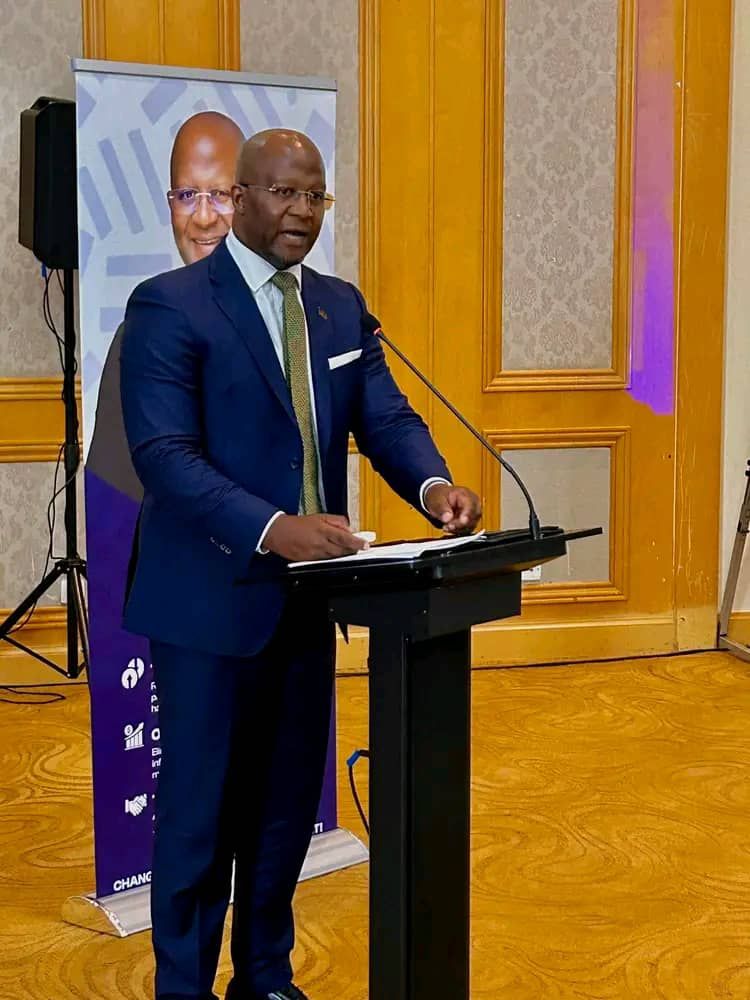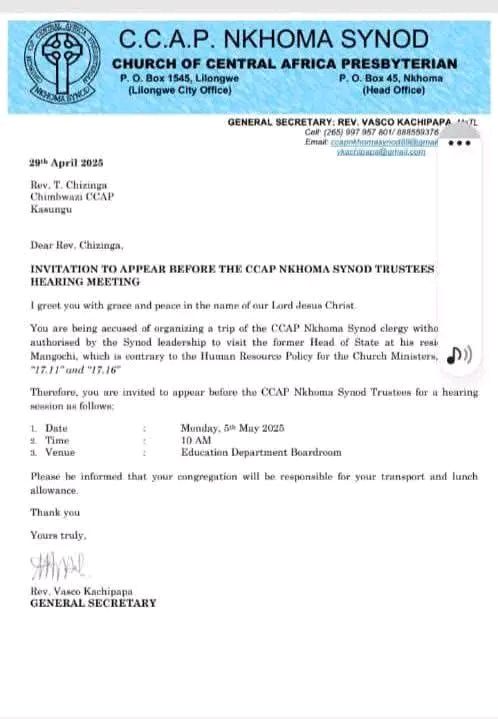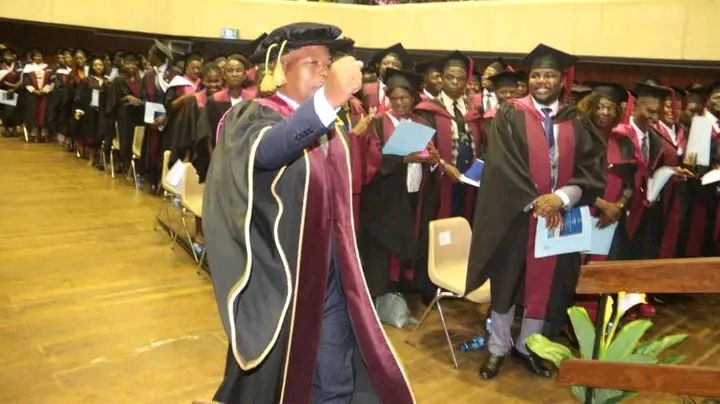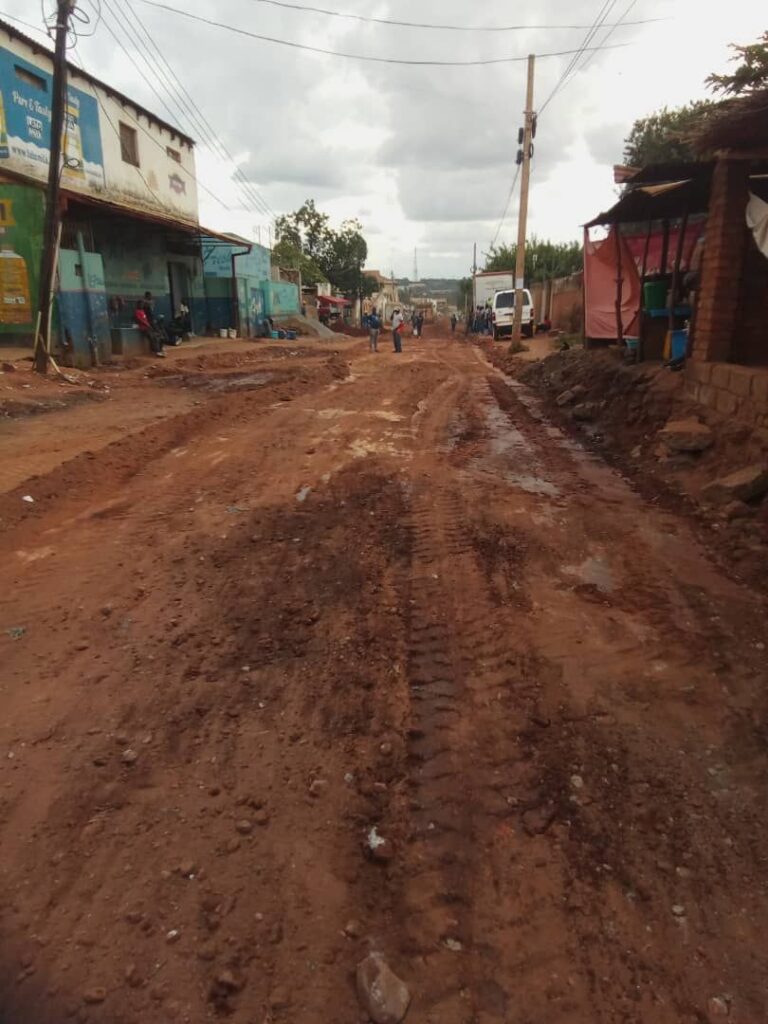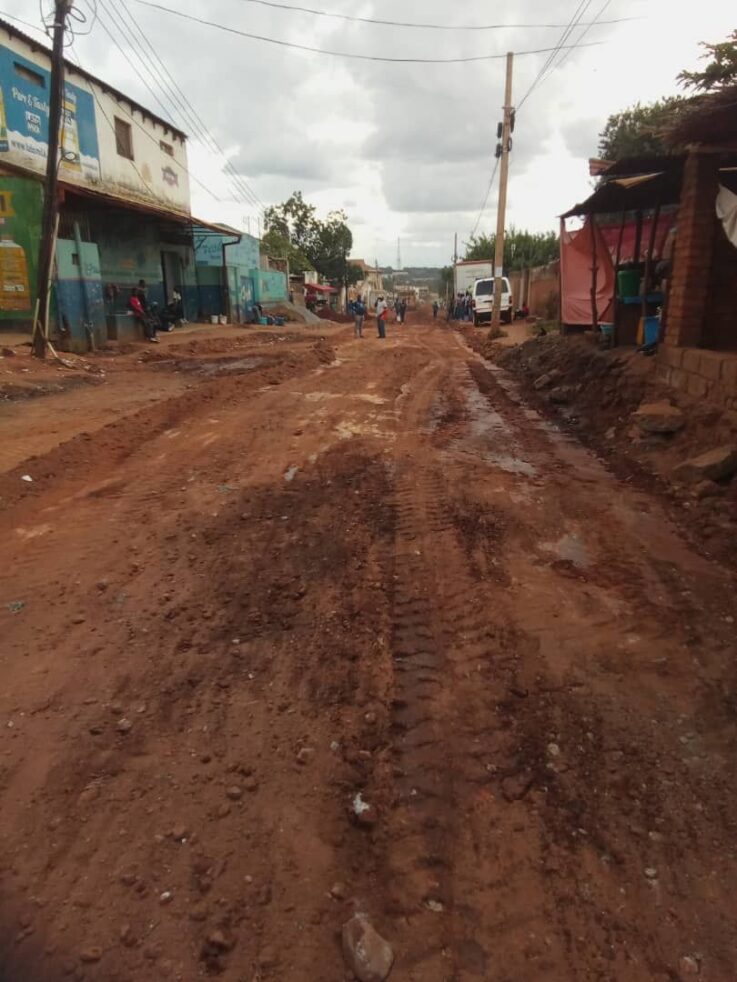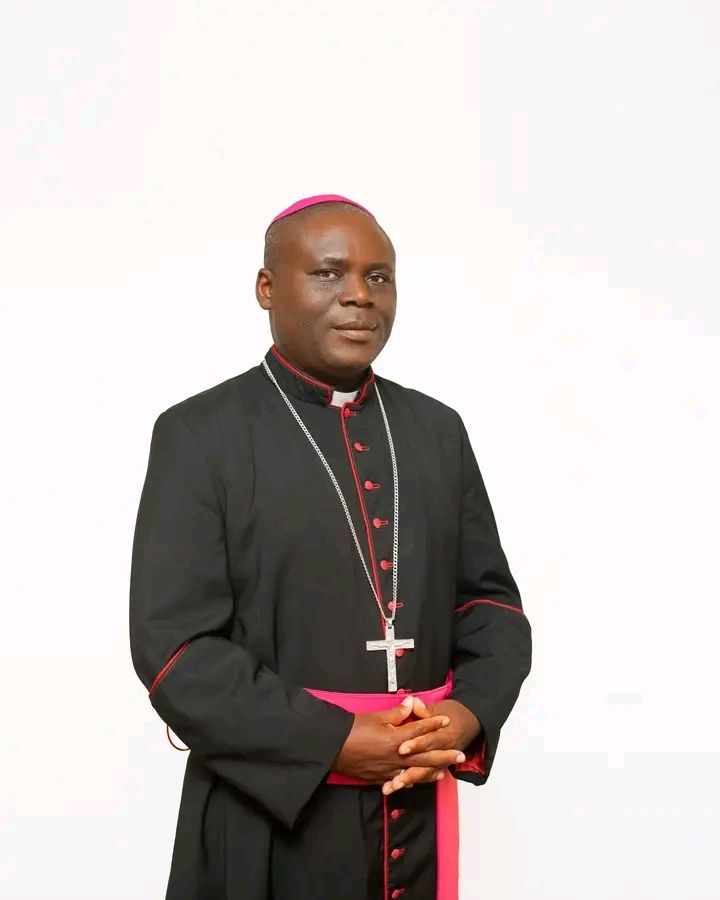By Burnett Munthali
Leader of the United Democratic Front (UDF), Atupele Muluzi, is today holding a press briefing in Lilongwe where he is unveiling his Business First strategy, which he describes as a roadmap to Malawi’s prosperity.
This highly anticipated event marks a significant moment in Malawi’s political and economic discourse, as Muluzi seeks to position himself as a transformative leader focused on economic revival.
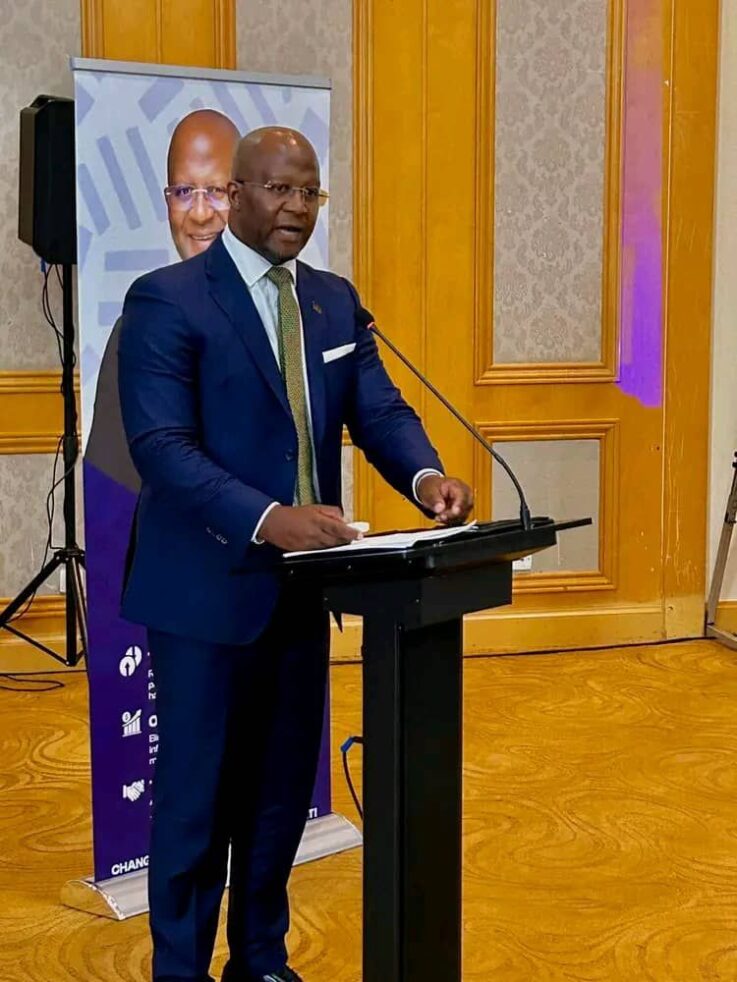
The venue in Lilongwe is abuzz with activity, with members of various media houses gathered to capture every detail of the address.
Political party leaders from across the spectrum have also graced the event, signaling the national relevance of the proposed strategy.
Notably, the briefing has attracted the presence of key stakeholders from the business sector, including entrepreneurs, industrial players, and representatives from trade and investment institutions.
This diverse attendance underscores the wide interest in Muluzi’s new direction for Malawi, particularly in the context of growing economic challenges and rising youth unemployment.
In his address, Atupele Muluzi describes the Business First strategy as a practical, inclusive, and forward-thinking roadmap that places economic growth, entrepreneurship, and private sector development at the heart of national development.
He argues that Malawi cannot achieve sustainable development through politics alone, but rather through sound economic policies that empower citizens to participate meaningfully in wealth creation.
According to Muluzi, the Business First approach prioritizes job creation, investment incentives, market reforms, and infrastructure development as the pillars of prosperity.
He emphasizes the need for government to create an enabling environment where businesses can thrive, and where local innovations are nurtured and exported to the global market.
Muluzi also highlights the urgency of restructuring Malawi’s economic planning to align with global economic shifts, particularly in technology, green energy, and digital trade.
He laments the current state of Malawi’s economy, citing high inflation, weakening currency, and poor industrial output as indicators that bold reforms are necessary.
The UDF leader calls for a new social contract between government, private sector, and citizens, based on transparency, accountability, and shared responsibility for growth.
He expresses confidence that the Business First strategy can be a game-changer for Malawi if implemented with political will and the active participation of all sectors.
Throughout his address, Muluzi maintains a tone of optimism, appealing to Malawians to rise above political divisions and focus on rebuilding the country’s economic foundation.
He pledges that under his leadership, economic growth will no longer be an abstract promise, but a measurable goal pursued with urgency and purpose.
The press briefing is ongoing, and updates will continue to follow as Atupele Muluzi elaborates on the policy details and responds to questions from the press and stakeholders.
Stay tuned for more comprehensive coverage.


